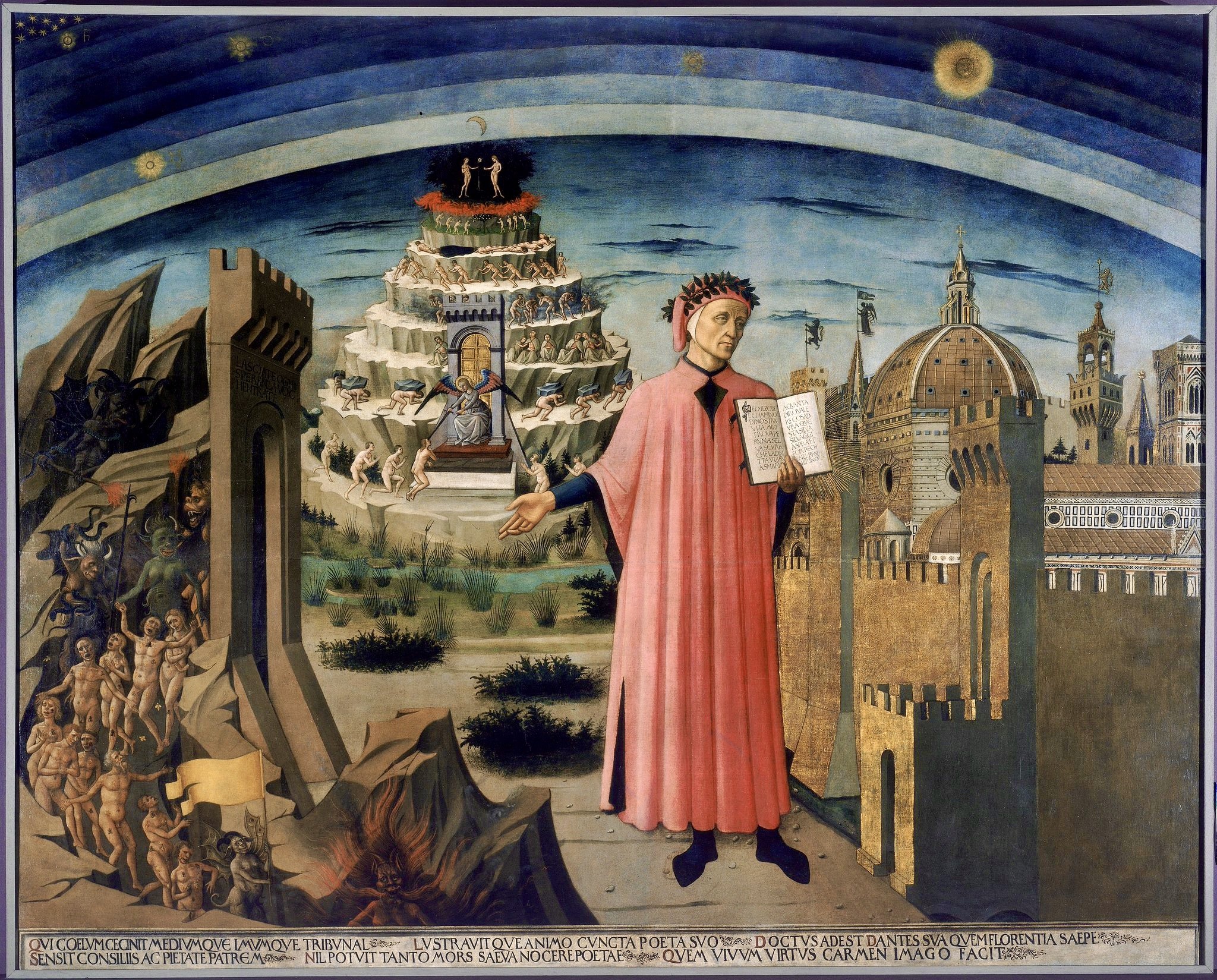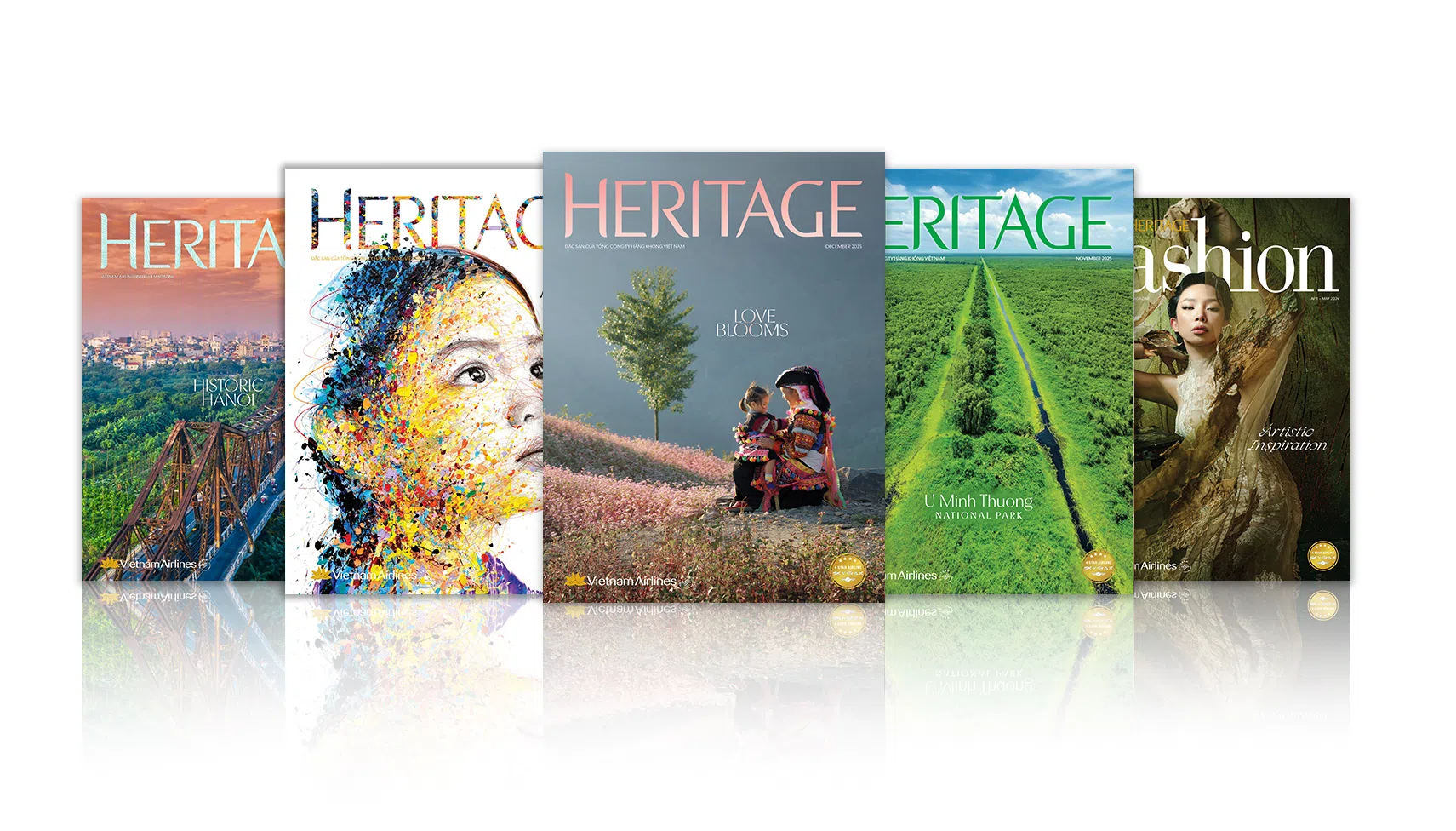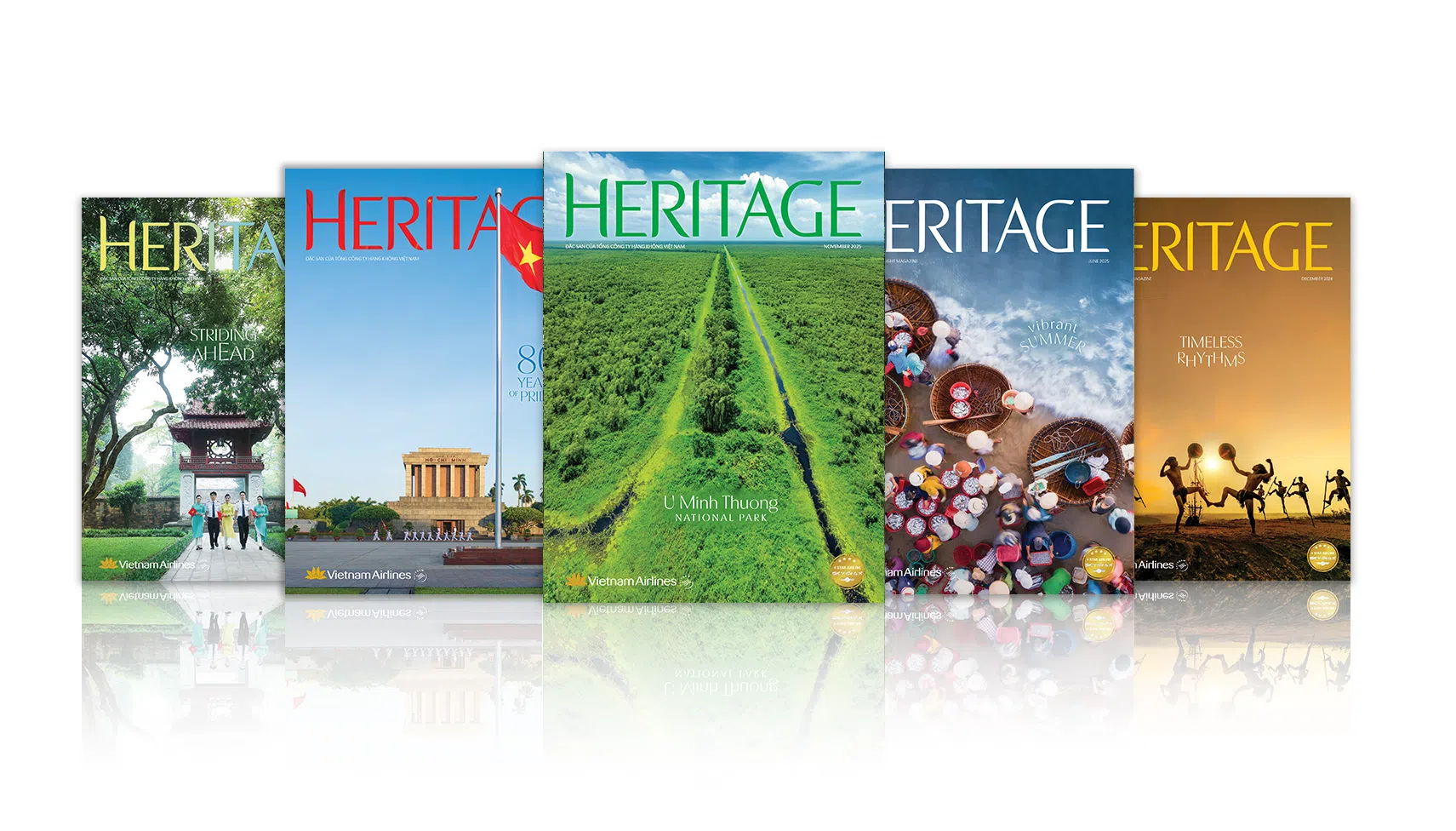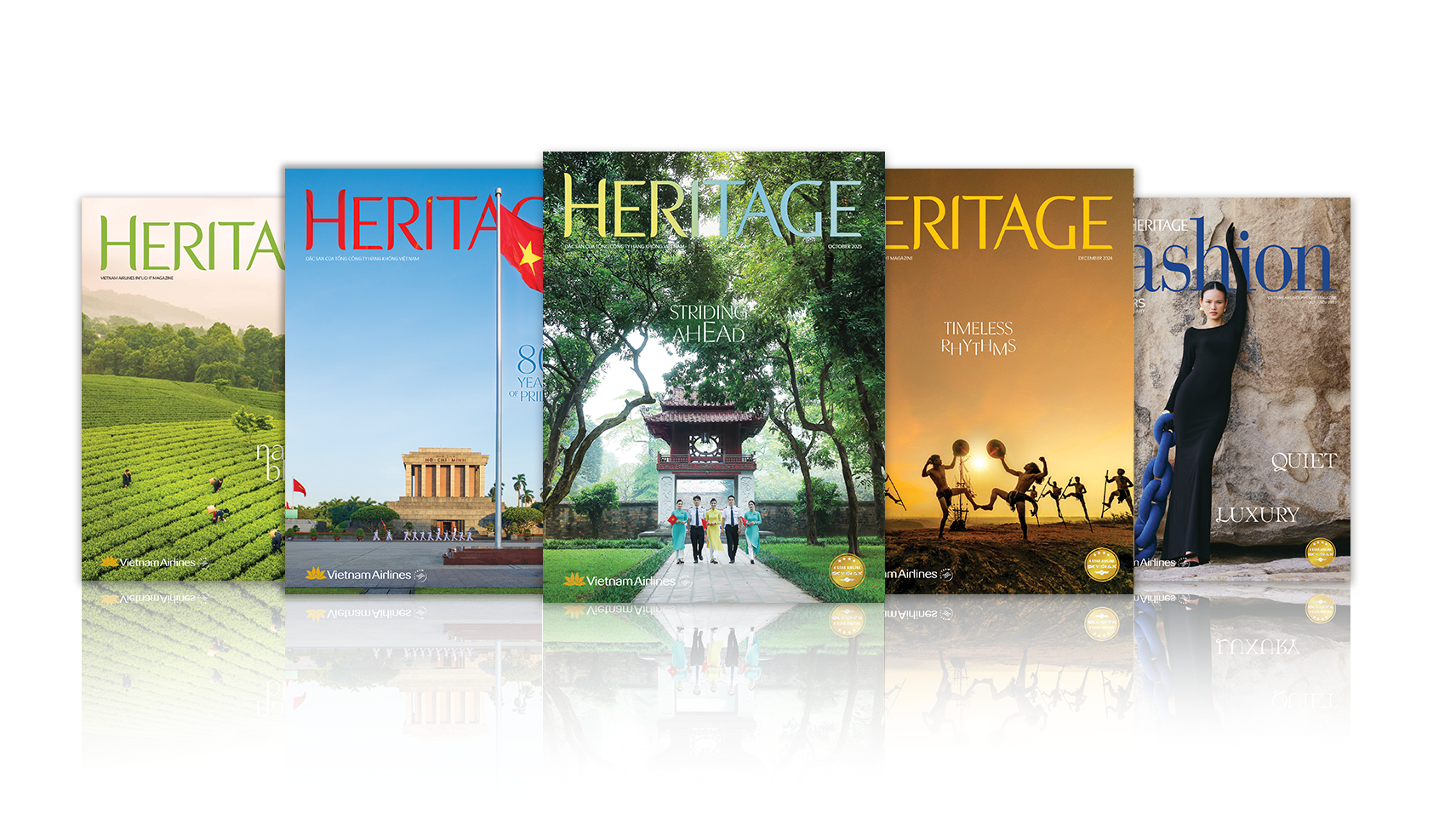Story PHAM MINH QUAN
Photos INTERNET
Classic literary works transcend the boundaries of time and space, recreating the essence of an era while reviving its artistic and intellectual values.

Literature reflects its era
Many of us are filled with curiosity and nostalgia for the past, especially for a history we did not experience firsthand. Art in general, and literature in particular, acts as a powerful bridge between the past and the present, connecting us with bygone times.
Literature grants us a context in which to unleash the power of imagination. Great works are not merely pages filled with words but are detailed and vivid portraits of life, people and the qualities of a specific period. Reading War and Peace (1869) and Anna Karenina (1878) by Leo Tolstoy, for example, allows readers to envision 19th-century Russia from two different perspectives. On one side, there is a panoramic view of history, culture and the profound social changes brought by the Napoleonic wars; on the other, there are deep philosophical questions about human nature, intertwined with love and betrayal.
Vietnamese author Bao Ninh vividly pieces together the brutal images of war through shattered lives in The Sorrow of War (1987), while short-story master Nguyen Huy Thiep gathers fragments of contemporary society across rural and urban settings.

With the power of fiction, an author can travel through time to recreate an era they never personally experienced. Through meticulous research on the Roman Empire during Nero’s reign and the pre-Christian era, Polish novelist Henryk Sienkiewicz wrote Quo Vadis (1896). Similarly, the famous historical novel Romance of the Three Kingdoms, part of China’s Four Great Classical Novels, is set in the 2nd–3rd centuries but was actually written by Luo Guanzhong in the 14th century. In post-1975 Vietnam, there emerged a wave of historical novels such as Nguyen Quang Than’s The Oath Ceremony, Nguyen Xuan Khanh’s Ho Quy Ly, Hoang Quoc Hai’s The Storm of the Tran Dynasty and Tran Thuy Mai’s Empress Dowager Tu Du.
Literature creates its own era
Great authors or poets can also establish an entirely new literary or cultural era. To understand the stature of any great writer, they must be placed within the cultural context of their time. A brilliant poet is either the culmination of the cultural and spiritual essence of the time (the zeitgeist), or is a pioneer pushing that culture to new heights, becoming a symbol of the nation and era. Dante Alighieri, from La Vita Nuova (1294) to The Divine Comedy (1320), not only helped Italian become the literary language of Western Europe but also paved the way for the Italian Renaissance. William Shakespeare elevated the sonnet, a poetic form originating in Italy, into an English tradition while simultaneously revolutionizing the language in terms of vocabulary and grammar. In Germany, Goethe’s influence extended beyond literature to philosophy and natural sciences.

Nguyen Du, with his masterpiece The Tale of Kieu, is another prime example of a poet who played a crucial role in shaping and advancing national literature. Like the aforementioned literary giants, Nguyen Du inherited and further developed the cultural values of his time while also elevating the Vietnamese narrative genre to its pinnacle. The Tale of Kieu is not merely a story of human fate but also a profound reflection of the declining feudal society of Vietnam at the end of the 18th and beginning of the 19th century. The work embodies humanistic values, philosophical reflections on morality and destiny, and the unique characteristics of contemporary humanism.
Most notably, Nguyen Du’s exquisite use of language transformed Vietnam’s ideographic Nôm script into a powerful medium for conveying deep emotions and artistic thought. As a national poet, Nguyen Du not only gave voice to his era but also played a significant role in preserving and developing the nation’s language and culture through poetry, creating an enduring legacy.
Throughout the course of history, literature has consistently reflected and embodied the values of each era. Classic works still retain their enduring vitality, connecting us to the periods they depict. Great poets and writers not only document social upheavals but also shape new cultural values, molding the mindset and aesthetics of entire nations. Literature serves as a mirror reflecting society while acting as a creative force shaping culture, thought and ethics. Literature is truly the era itself.










